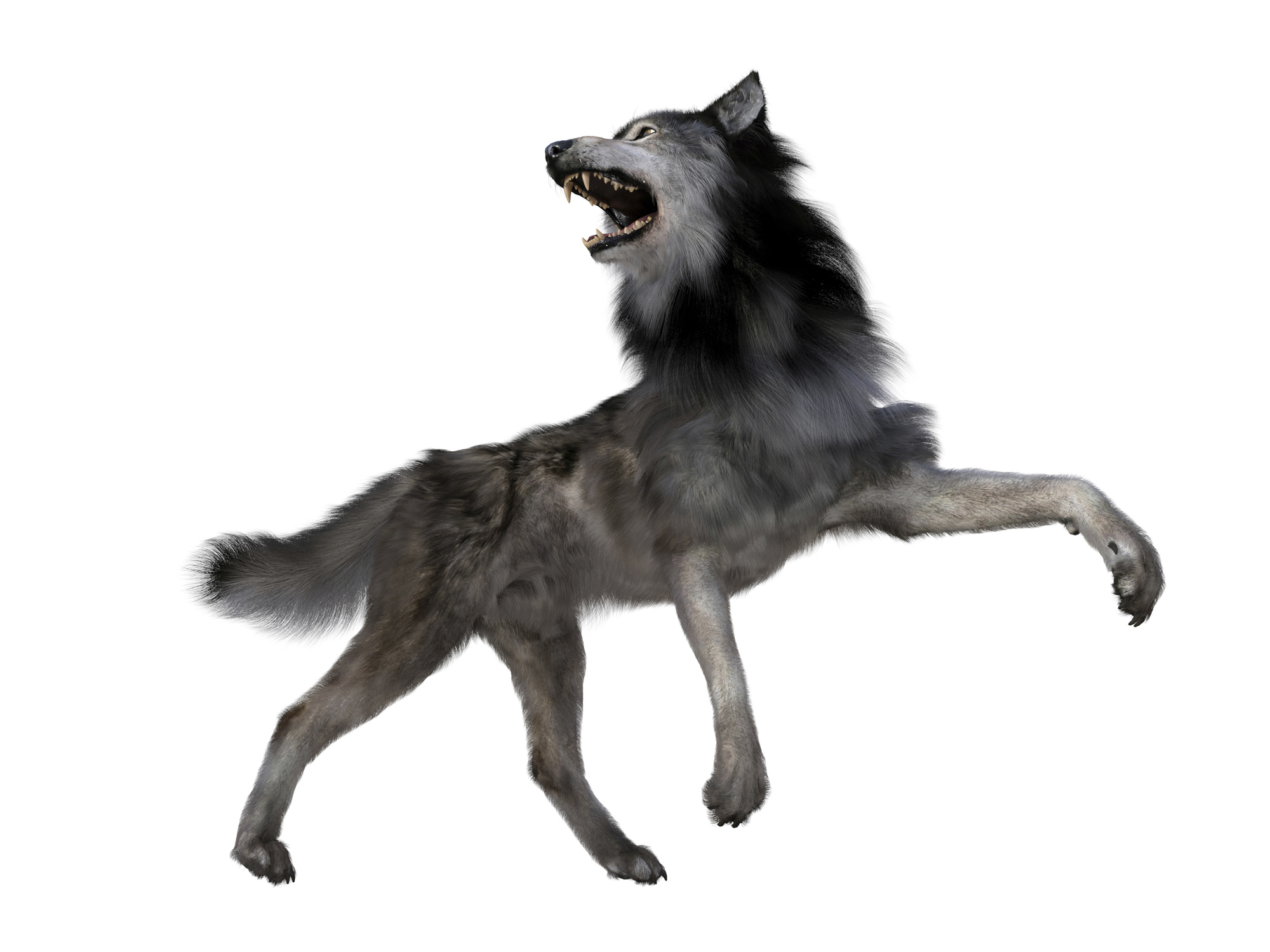Startup Colossal Biosciences said it has used advanced technology to bring back the dire wolf, the large canine species that vanished over 10,000 years ago, which is a bold step toward reversing extinction.
Ben Lamm, founder and CEO of the Dallas-based biotechnology company, told Wired, one of the first outlets to have a look at the 5-month-old dire wolf pups, that this is the first time an animal has ever been de-extincted. As a serial entrepreneur, Lamm founded the company in 2021 and plans to bring back the woolly mammoth, the dodo and other extinct animals by editing the genes of the species’ closest relatives.
Colossal claims it has already made three dire wolves in its breakthrough project
“Not only can we identify ancient genes and predict what they do, we can engineer them into cell lines, and we can successfully and healthily create them, and bring them back, which is awesome,” Lamm said, according to Wired.
He claims Colossal has already made three dire wolves and plans to make around seven or eight. The trio consists of Romulus and Remus, born in October and named after the twin brothers of Roman mythology who were raised by a she-wolf. A third dire wolf, Khaleesi, was named after Game of Thrones character Daenerys Targaryen and was born in January.
‘We call them dire wolves’
While the dire wolf pups are strikingly identical to the extinct species, they were born through surrogate dogs and have different mothers. According to Wired, Colossal’s chief science officer, Beth Shapiro, also worked on the de-extinction project, which stems from a research paper she co-authored about using genomes from five different fossils to “reconstruct the evolutionary history of dire wolves,” per the research paper.
For this project, Shapiro and her colleagues used DNA from two fossils mentioned in the paper. The scientists then edited the genes to preserve the dire wolf’s traits using its closest and nearly identical relative — the gray wolf. Although some mixed feelings remain among scientists about whether these are truly dire wolves (or simply gray wolves that have had their genes edited), Lamm said he believes the process successfully resurrected the dire wolf.
“We call them dire wolves,” he said, per Wired. “What’s interesting is that speciation is an area where scientists can’t seem to agree.”
Some scientists remain skeptical
Dr. Julie Meachen, who spent most of her career studying wolves, also co-authored the research paper with Shapiro. She shared her thoughts on Colossal’s breakthrough biotechnology but remains skeptical.
“I don’t think they are actually dire wolves. I don’t think what we have is dire wolves,” Meachen told ABC News. “What we had is something new — we have a mostly gray wolf that looks like a dire wolf.”
Shapiro pushed back on Meachen’s remarks, stating that the de-extinction project brought back the dire wolves.
“I think that the best definition of a species is if it looks like that species, if it is acting like that species, if it’s filling the role of that species then you’ve done it,” she said.
Colossal now values at $10.2 billion
The company plans to resurrect the woolly mammoth, another extinct species, by 2028. According to Shapiro, these projects are risky but essential for driving other monumental breakthroughs.
“If we decide as a society that these new technologies that are at our fingertips are too risky, that we don’t want to take the chance, that we’re not going to try to save species by implementing genetic engineering types of technologies — that is a choice that also carries consequences,” she said, per ABC News.
Colossal now has a value of $10.2 billion after raising $435 million in total funding. Per Forbes and Sports Illustrated, the company has an extensive list of top-name investors, particularly in sports, including Tom Brady; Mark Walter, co-owner of the Los Angeles Dodgers, who invested in the company through his TWG Global firm; and Thomas Tull, co-owner of the Pittsburgh Steelers and the New York Yankees.

